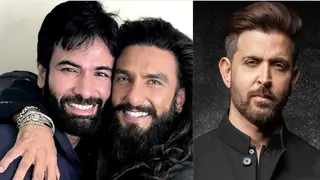I am sure some of you, if not all, are aware of the latest controversy that is plaguing brands like Swiggy and Bharat Matrimony due to their recent "Holi" themed advertisements - on hoardings & audio-visuals.
For the unversed, let me summarise:
- Swiggy: Just a day before the festival of Holi, Swiggy launched its new billboards .As you can see in the link, the billboard suggested to promote usage of eggs for making omlettes and poached eggs and not for throwing on peoples heads during holi. Several people on social media found the advertisement offensive and a targetted attack on particular community. Within hours of the news spreading, #boycottswiggy became a top trending topic which forced the company to pull down the billboards.

- Bharat Matrimony: On the occassion of Holi, the official social media handle of Bharat Matrimony issued an ad. The ad highlights domestic violence and sexual harassment faced by some of the women on Holi. This has led to an outrage as many on social media found the ad maligning the festival of Holi by equating it to sexual harassment. Again #boycottbharatmatrimony started trending but as of now, the company has not recalled the ad. Several women too have shown their support for the ad particularly in light of the recent viral video of a Japanese tourist being forcibly coloured on Holi.

Swiggy & Bharat Matrimony are neither the first nor likely to be the last in a long list of brands who have stoked controversies in India based on advertisements themed around festivals of a particular community. You can take a look at some of the other such controversial ads from Tanishq, Fab India, etc. in this Link
So what do you think - is it a marketing ploy of brands to get into the limelight by posting such controversial advertisements or do you think it is a well thought out attack on a particular community. Or perhaps, we, the people, have become less tolerant or more aware about the intention of brands behind such ads?
Let's discuss!



































